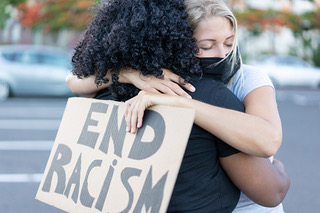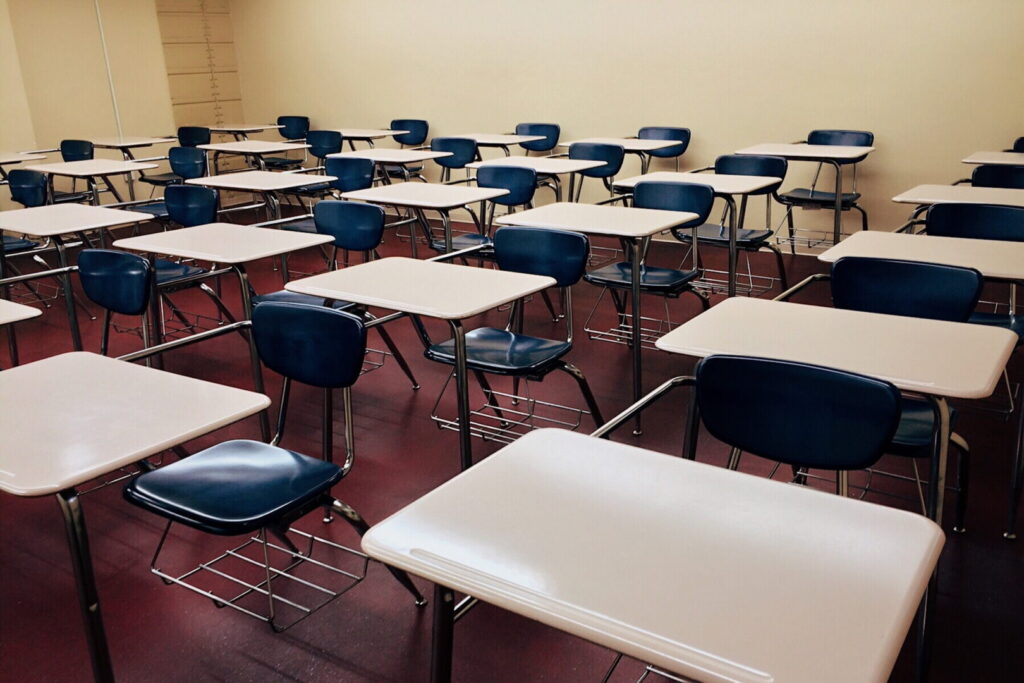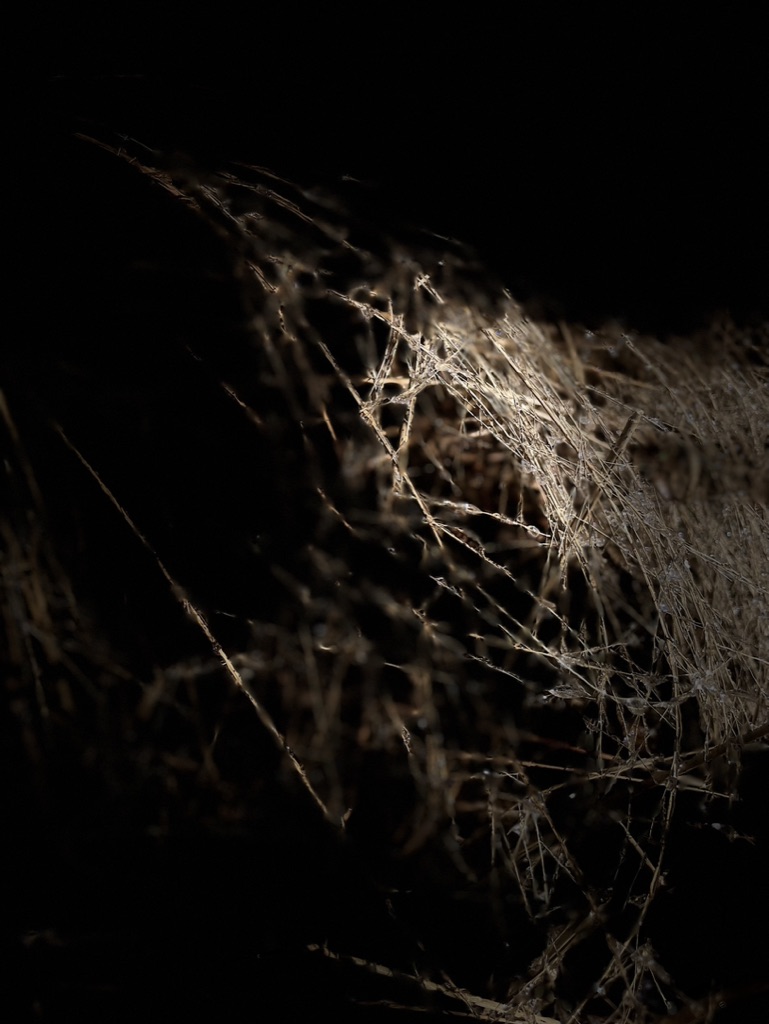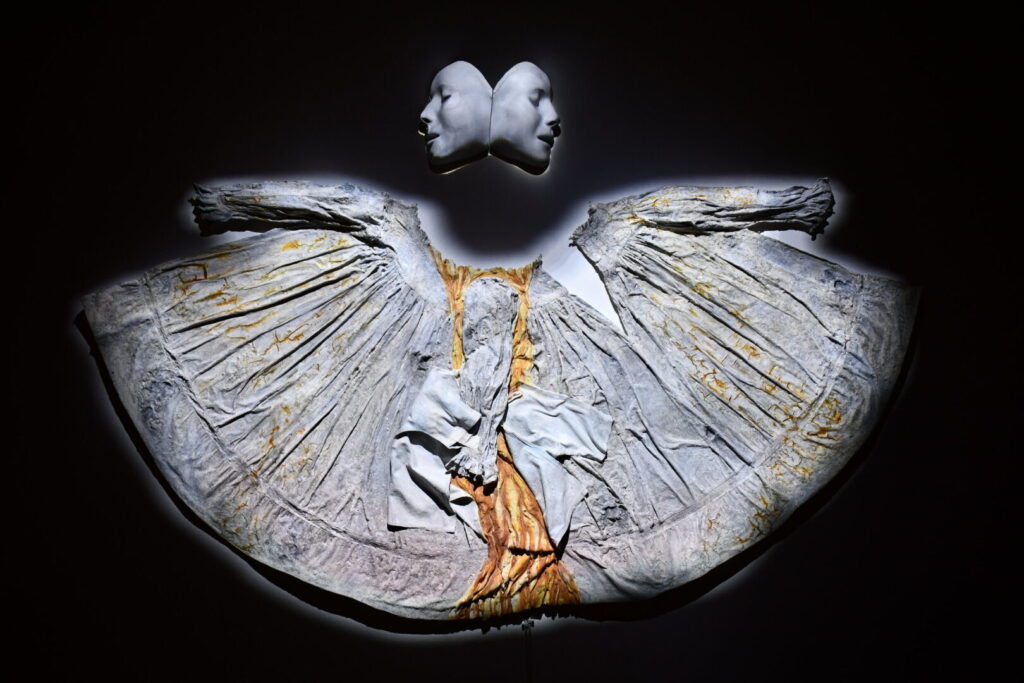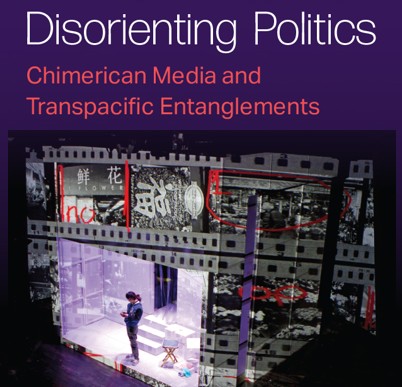Issue 14.1 (Spring 2025)

Editors’ Introduction:
The View from US Cultural Studies Today
By SAJ, Robert F. Carley, Eero Laine, Yumi Pak, Alyson K. Spurgas & Chris Alen Sula
Building small can look so many different ways, thinking complexly about the immediacy of people and our needs. Read more >
Baldwin’s Balls: Sensuality, Profanity, and the Testicular Fortitude to Reckon with Race
Both sensuality and profanity dwell within love’s truthful self-expression. James Baldwin’s oeuvre reads race relations in the United States, revealing a skewed balance between sensuality and profanity rectified through authentic sensual connections across racial lines. This essay introduces Baldwin’s work as an exemplar of world reading, an ingredient of cultural literacy, to argue that sensuality prevents society from dismissing negative emotions as merely symptomatic of race or class resentment. Centering on profanity, the argument relies on how Baldwin deftly constructs sensuality as an inversive emotional balm for healing the US race problem through the feminine energeia found in his pervasive… Read more >
Futurist Forensics: Indigenous Evidence, Cosmo-Epistemologies, and the New Red Order
This article critically engages with the emerging “media forensic” turn at the intersection of visual culture, new media practice, and humanitarian and political activism. This field purports to subvert dominant forensic and surveillant regimes, weaponizing these mediated modalities to document acts of humanitarian and political violence. Such practices have been widely celebrated for enhancing forms of legal and political accountability and justice. However, there are concerns that these practices may inadvertently mirror the state-sanctioned regimes of control and power they wish to expose, reinforcing settler-colonial histories of the forensic and evidentiary, whilst also excluding counter-hegemonic and experimental modes of emergent… Read more >
Practical Strategies of Disruption for Dismantling White Supremacy in Ontario’s Education System
This article examines the Ontario education system’s use of surface level practices intended to counter racism but that often fall short of creating authentic and sustainable change. Many schools across the province have focused their efforts on celebrating identity awareness days, weeks, and months, yet these initiatives largely reveal an apparent disconnect in understanding of the significant impact of white supremacy that is deeply embedded within the educational structural system. Stories from students, families, and community members reveal ongoing, often unintentional, acts of harm or violence against Indigenous, Black, racialized, and marginalized students, demonstrating a deep-seated failure to address systemic… Read more >
Surviving in Eugenic Times: Disabled Artists’ Feelings about Their “Under-the-Table” Livelihoods
Launching from recent interest in disabled people’s livelihoods in the context of global Northern societies, this paper theorizes interview descriptions of livelihoods from 20 disabled, mad, and Deaf artists in Ontario, Canada. Drawing on a critical sustainable livelihoods framework, we observe that the lives of disabled artists play out in an ethos of neoliberal-ableism that has resulted in an accelerated impetus toward death for disabled people, specifically through the advancement of Medical Assistance in Dying (MAiD). Interviews reveal themes of disposability, dignity, and art-as-resistance that are deeply entrenched in disabled artists’ livelihood experiences and the complexities of their artistry and… Read more >
Subjunctive Grief: Affective Methodologies for Articulating Futures
Grief is typically portrayed as an individual experience that is a response to loss and provides the basis for personal growth; grief is something to work through, and, ideally, to benefit from, and represents a state change. But might it be possible to conceptualize grief of the future, a subjunctive grief that is based in speculation about change that brings that change into the present? The subjunctive invokes the wished for, the imagined, and the possible, and subjunctive grief serves to work through the experience of the future in the present. Focusing on debates around medical aid in dying and… Read more >
Aporias
Edited by Joshua Falek
Aporias invites emerging scholars to write about the contemporary or historic controversies or lacunae within cultural studies or related fields that have yet to be properly synthesized, countenanced, or come to resolution.
What Should We Do with Our Depressions? Feelings, Biology, Politics
The aim of this contribution is to explore some of the ways in which cultural studies, and more specifically affect studies and feminist new materialisms, have dealt with the problem of depression. My main argument is that, through these approaches and discussions, depression becomes a powerful site to delve into crucial controversies within affect theory and new materialisms, such as the distinction between affect and emotions and the related dichotomy between biology and culture, or the proper place of critique in contemporary thought. One glaring entry point to these controversies is the topic of antidepressants. In the 1990s, the so-called… Read more >
The Spectre of Antisemitism
In this essay, I argue that the rhetoric behind “not in my name” actually mobilizes the same gesture as the popular Zionist move to innocence. While anti-Zionist Jews preface our solidarity with Palestine through an account of our own experience with suffering and persecution, so too does the Zionist Jew put that same suffering to use, albeit to opposite means. In other words, there is a fine line between the rhetorical purpose of anti-Zionists’ saying that genocide is not a Jewish value and Zionists’ using this same rhetoric to label Israeli violence as self-defense and not genocide. In fact, it… Read more >
Marronage and its Aporias
In much proto-nationalist discourse and academic and historical work, marronage has come to represent an open receptacle of competing narratives and desires in the history of slavery, revolt, and Blackness. Paying attention to the ways marronage is portrayed across the different nations and territories of the Caribbean reveals grand narratives of heroism, the formerly enslaved outsmarting and outlasting planters and colonial officers in the hills and mountains of the West Indies and the swamplands of the US South. Through these narratives, this article argues, the maroons are mythologized both as figures of resistance against the racial terror of slavery and… Read more >
Positions
Produced by Mark Nunes and Elaine Venter
Positions aims to provide critical reflection and examination on topics in cultural studies for scholars, students, and a general audience.
AI Literacy and the Changing Digital Political Landscape
Delores Phillips and Cultural Studies Association’s New Media and Digital Cultures Working Group Co-Host Reed Van Schenck discuss AI literacy, digital politics, and the 2024 US presidential election with authors Elizabeth Losh (William and Mary) and Rita Raley (UC Santa Barbara). This podcast is accompanied by a scholarly commentary by Stefania Milan. Read more >
Chimerica: Disorienting Politics
Delores Phillips and Cultural Studies Association’s Globalization and Culture Working Group Co-Host Kathalene Razzano discuss Disorienting Politics: Chimerican Media and Transpacific Entanglements (University of Michigan Press, 2024) with author Fan Yang, along with writer and historian Mark Tseng-Putterman. This podcast is accompanied by a scholarly commentary by Marcus Breen. Read more >
